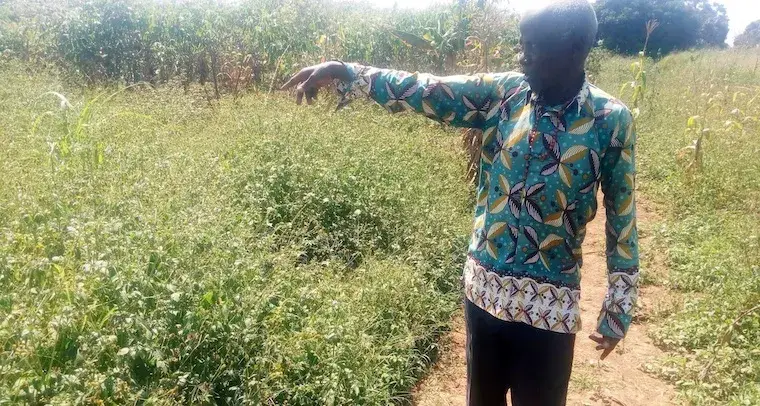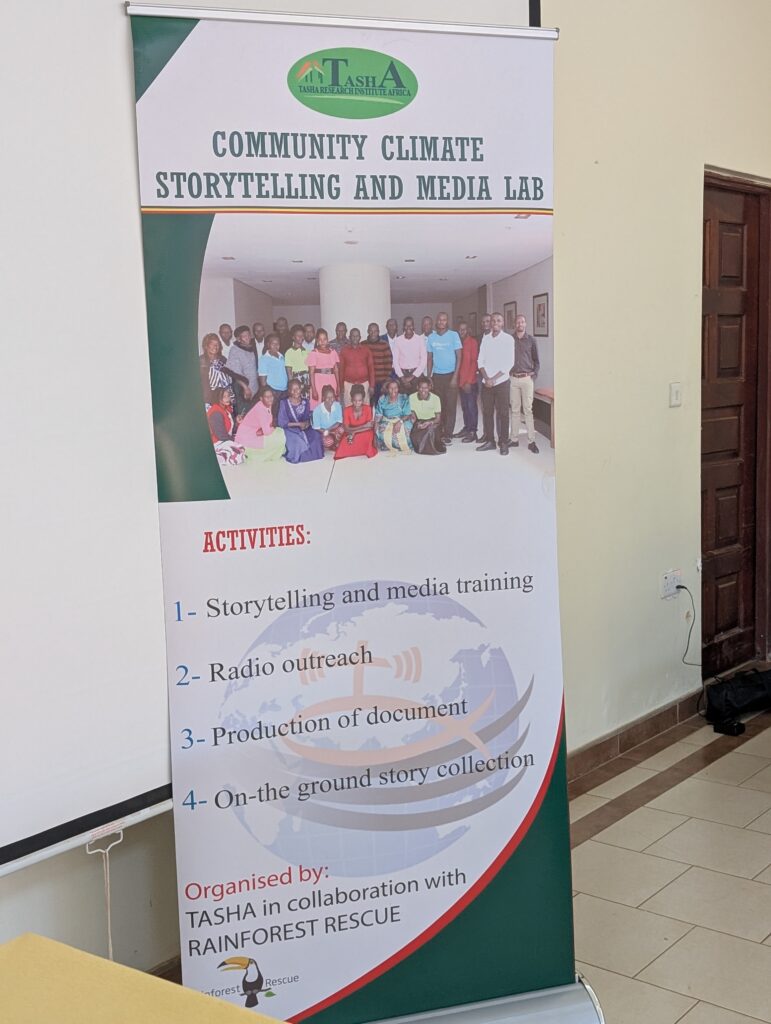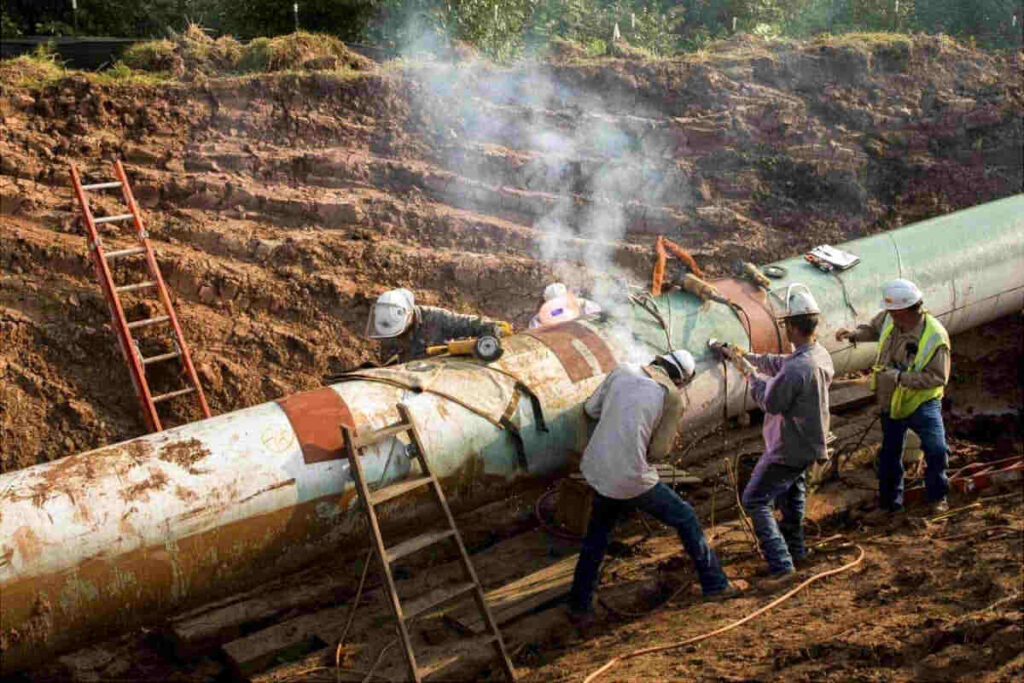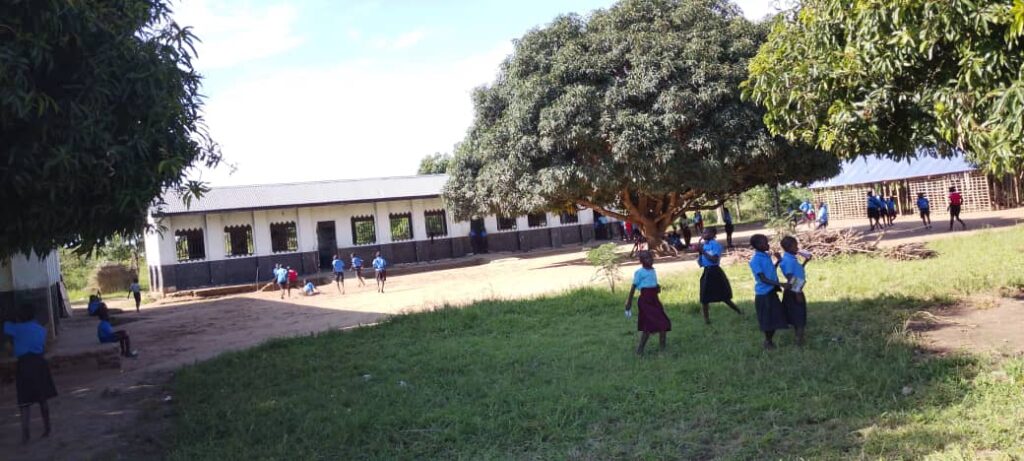From the very beginning, the East African Crude Oil Pipeline (EACOP) has been a project built on the backs of the vulnerable. What was promoted as a promise of national progress has become, for thousands of ordinary Ugandans, a prolonged and painful story of displacement, dispossession, and denial.
At the center of this story are the Project-Affected Persons (PAPs)—families whose land was taken to make way for the pipeline. Many of them depend entirely on that land for food, income, and dignity. Yet more than five years since the groundwork began, the same unresolved complaints echo through the corridor: inadequate compensation, delayed payments, and a grievance process designed to frustrate rather than deliver justice.
Even those who were “compensated” have found themselves no better off. The money offered was often far below the real value of their land and property—leaving many unable to rebuild their lives or sustain their families as they once had. For those still waiting, the situation is even worse. Stripped of land, they have been left in limbo, their future hijacked by a project that continues to prioritize profits over people.
In 2024, tensions over these compensation disputes reached new heights, with some PAPs facing legal pressure for refusing to accept what they described as unfair payments. Rather than addressing the root causes of their resistance—flawed valuation processes, missing transparency, and the devaluation of their livelihoods—official responses leaned toward coercion. Such moves have only deepened the mistrust between affected communities and project stakeholders.
This is not just about money. It is about survival. It is about families being forced off fertile land without alternatives. It is about homes destroyed by quarry blasting, water sources contaminated, and communities living in the shadows of a pipeline that offers them nothing in return. In meetings like the one held on June 6, 2025, in Bukona Subcounty, PAPs from Kyakasato, Haibale, and Kyakayaya (pictured below in a grievance meeting) expressed their anger and despair over cracked homes, poisoned soil, and broken promises. And still—they wait.
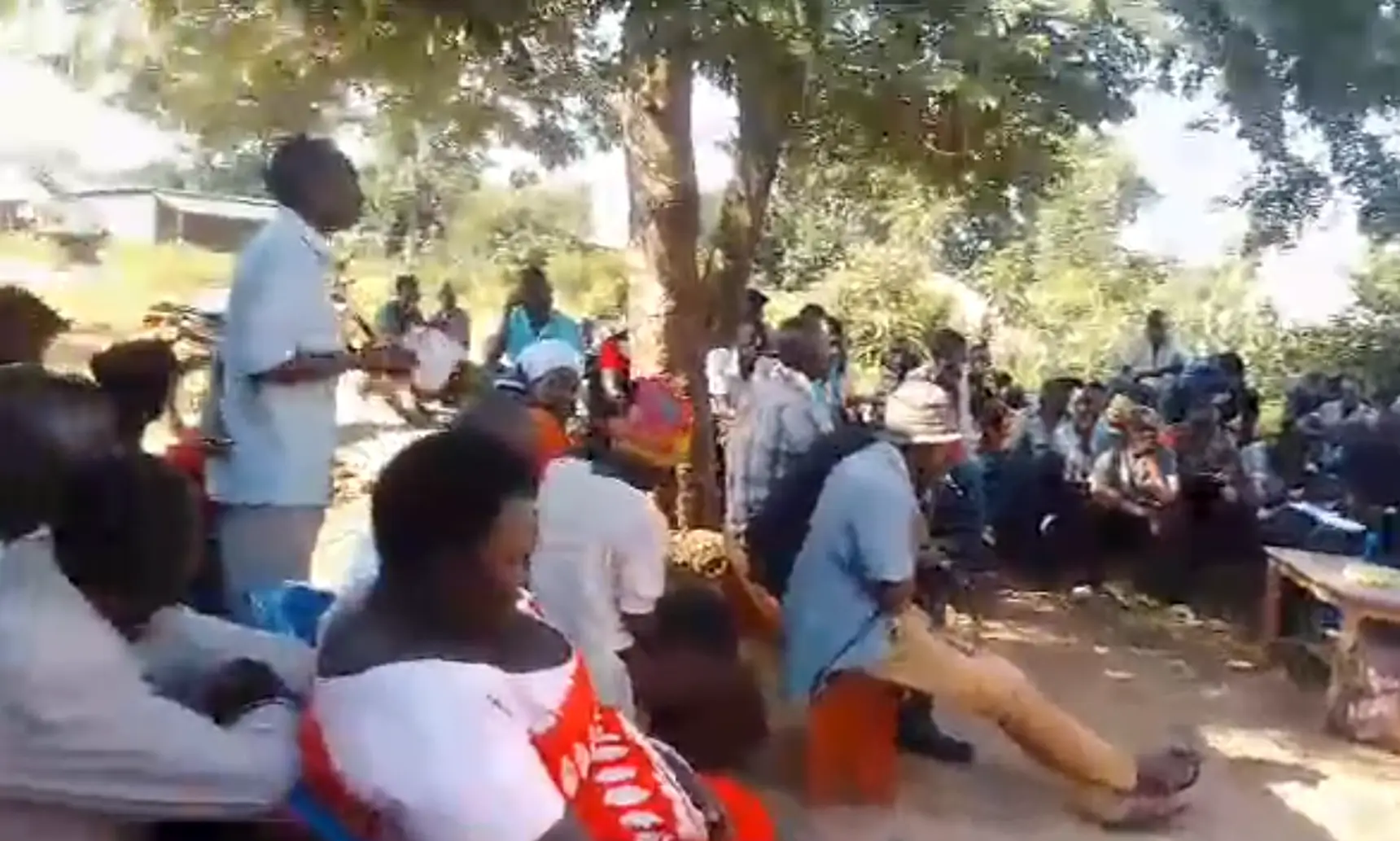
One of the most heartbreaking realities is how normalized this waiting has become. Years pass, documents are signed, surveys are done, and yet livelihoods remain in ruins. People like Cosma Yiga, a farmer offered a fraction of the true value of his land and crops, are left to carry the full weight of the sacrifice while oil companies and contractors move ahead undisturbed.
What EACOP has demonstrated is not a model of sustainable development—but a dangerous precedent: that it is acceptable to sacrifice the lives and lands of rural communities in the name of extraction and export.
The waiting has gone on for too long. Silence was never agreement. Their refusal is not defiance—it’s a rightful call for justice. And it cannot be ignored.
Feature Image Courtesy of The Observer Uganda News

